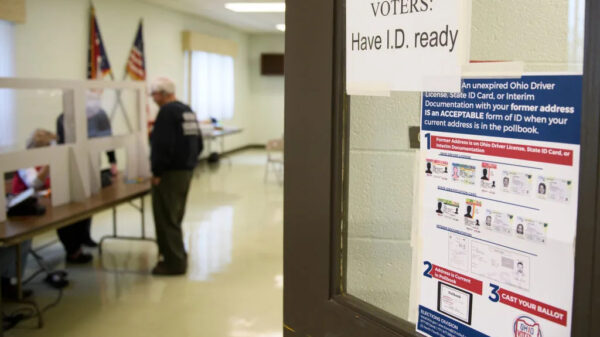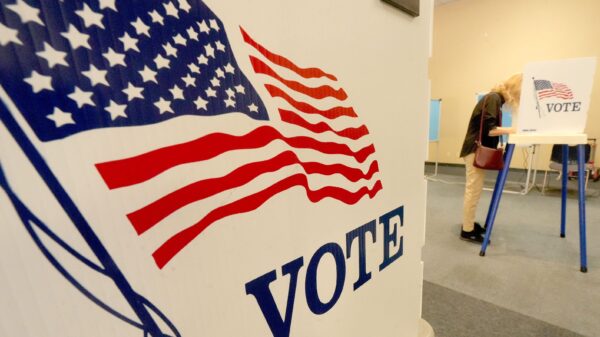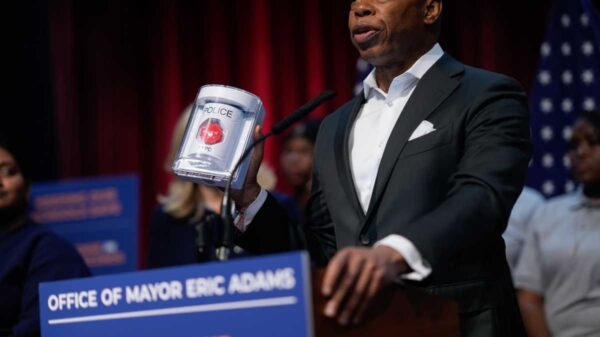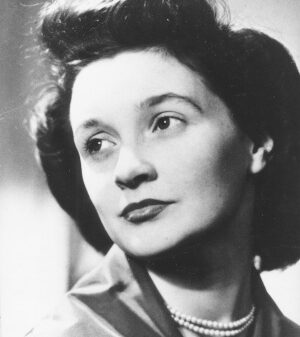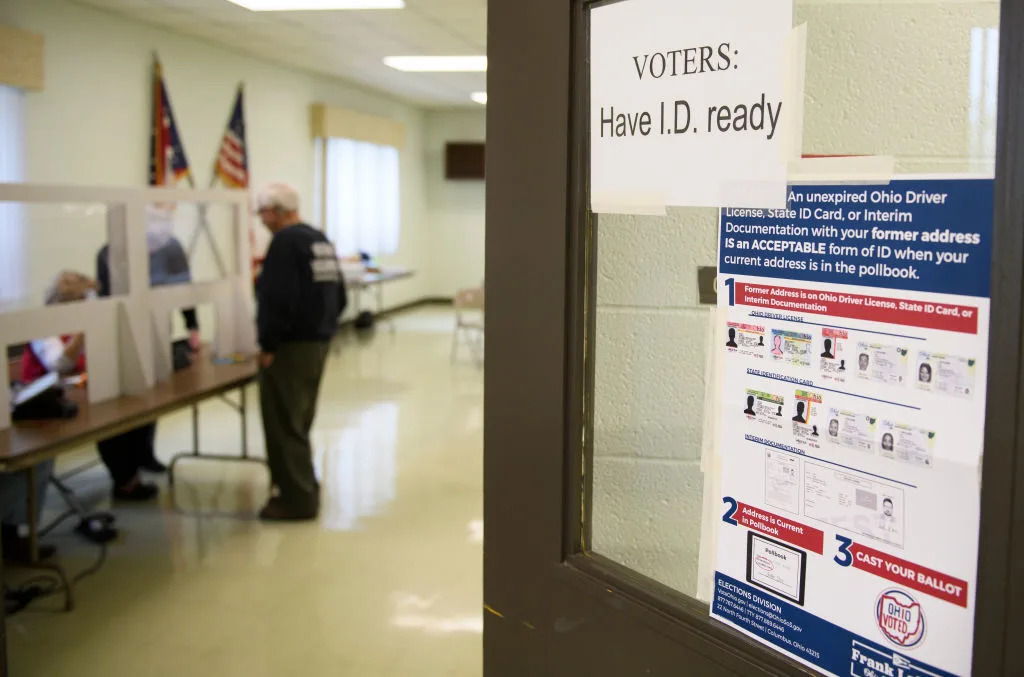UPDATE: Ohio Secretary of State Frank LaRose has officially endorsed a controversial proposal that would require Ohioans to submit proof of citizenship when registering to vote. This urgent move comes as critics warn that the bill will disenfranchise many eligible voters across the state.
LaRose’s support for Ohio Senate Bill 153 was announced last week, emphasizing that, while he believes in the necessity of the bill, implementing it will be a complex process. “We need to ensure that all 88 counties upgrade their voter registration systems,” LaRose stated, recognizing the significant logistical challenges ahead.
The bill’s critics are already voicing concerns, arguing that the requirement for citizenship documentation will create unnecessary barriers, particularly for rural voters and minorities. Jen Miller, Executive Director of the League of Women Voters of Ohio, highlighted that many residents, especially in rural areas, may lack the required identification. “One in ten Americans do not have the documentation they need,” she warned, emphasizing the real risk of disenfranchisement.
In addition to the citizenship verification proposal, LaRose also backed Ohio Senate Bill 293, which mandates that absentee ballots must arrive at election boards by Election Day to be counted. Currently, Ohio law permits ballots to be returned within four days after the election, provided they are postmarked by Election Day. This change aims to align Ohio with the regulations of two-thirds of states nationwide.
LaRose explained the urgency of these reforms, stating, “My approach is always that it’s better to make changes like this through legislation and not litigation.” He referenced Donald Trump‘s executive order directing the U.S. Attorney General to take action against states with lax absentee ballot deadlines, asserting that Ohio must adapt to avoid legal challenges.
However, implementing these new laws will require time and resources. LaRose warned that substantial upgrades to the election system are needed. “This is where we run into a loophole that needs to be closed,” he noted, referring to discrepancies in voter registrations that could lead to further complications during elections.
Critics of the proof of citizenship requirement, including Bob McCollister, a member of the Lawrence County Board of Elections, argue that these measures target a non-existent problem. “This is an extreme solution to a problem that we already address,” McCollister said, pointing out the rarity of voter fraud in Ohio.
As Ohio lawmakers consider these significant legislative changes, the implications for voters are profound. The potential for increased lines at polling stations and confusion during the registration process raises concerns about accessibility and fairness in upcoming elections.
Moving forward, the Ohio legislature will need to navigate the complex landscape of voter registration reforms while weighing the potential impact on eligible voters. LaRose’s commitment to ensuring the integrity of Ohio’s elections remains a priority, but the road ahead is fraught with challenges.
Stay tuned for further updates as this story develops. The outcomes of these legislative discussions could reshape voting in Ohio for years to come.





